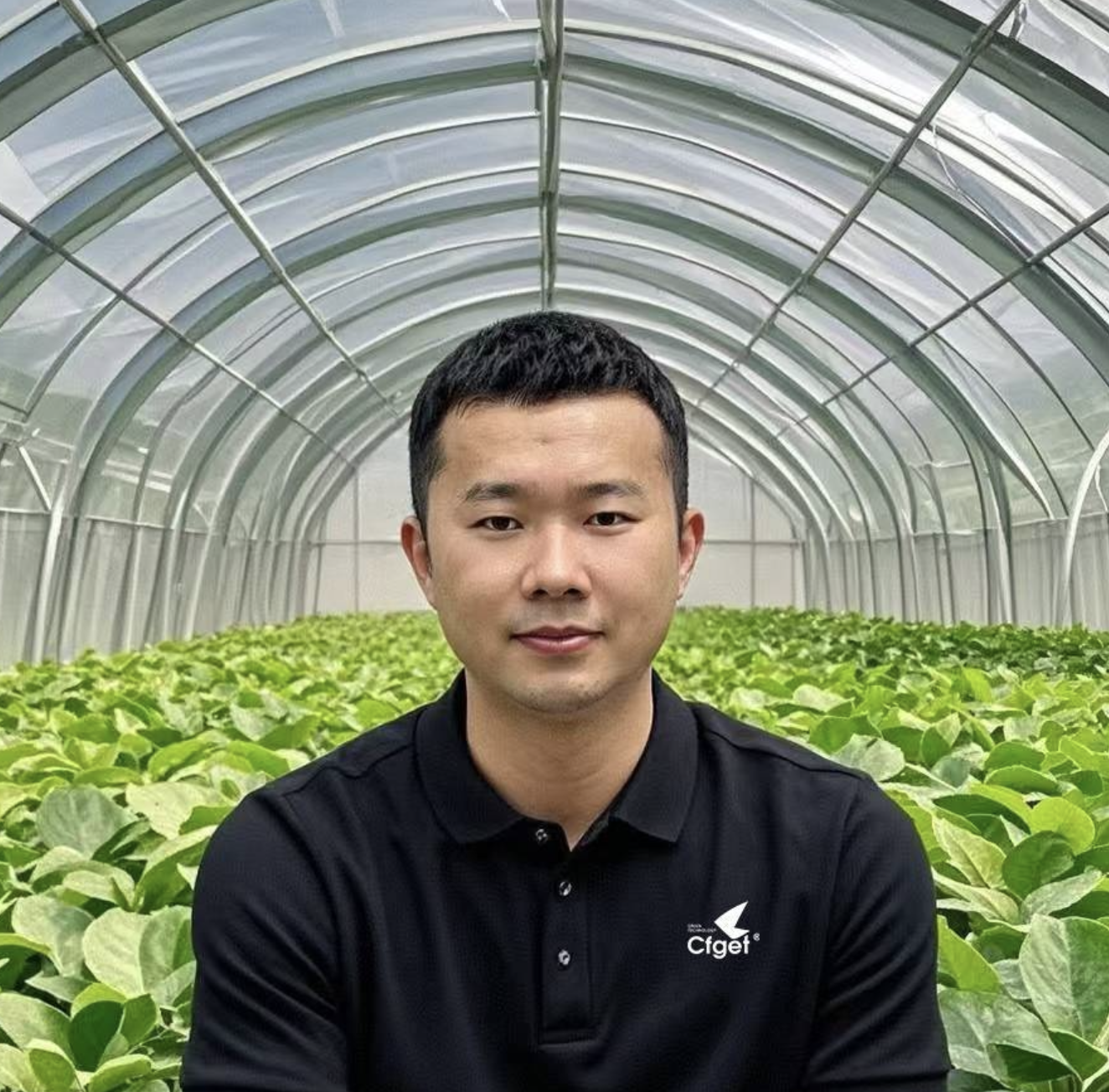In recent years, as people become more health-conscious, organic farming has gained popularity worldwide. Among various methods of organic farming, greenhouse farming stands out as a sustainable solution. Greenhouses not only provide a controlled environment for growing crops but also reduce the use of chemical fertilizers and pesticides, which benefits both crop health and the environment. This article explores how organic greenhouse farming contributes to environmental protection and why it is becoming a popular choice for both farmers and consumers.

1. Reducing the Use of Chemical Pesticides and Fertilizers
One of the main principles of organic farming is the avoidance of synthetic fertilizers and pesticides. Instead, organic farmers focus on natural methods to improve soil fertility and control pests. Greenhouses offer the perfect environment to implement these methods. By controlling temperature, humidity, and light, farmers can create optimal growing conditions without relying on harmful chemicals.
In an organic greenhouse, natural fertilizers like compost, green manure, and animal manure are used to enrich the soil, rather than chemical alternatives. This approach not only promotes healthy plant growth but also improves soil quality over time. Healthy, fertile soil retains water better, reduces erosion, and helps prevent the depletion of vital nutrients.
Chengfei Greenhouses provides advanced climate control solutions that help farmers optimize growing conditions while minimizing the need for chemical inputs.
2. Protecting Biodiversity and Preventing Ecological Damage
Organic greenhouse farming also has significant benefits for biodiversity. In a greenhouse, crops are shielded from external environmental factors like harsh weather, pests, and diseases. This reduces the need for chemical pesticides and fertilizers that can harm surrounding ecosystems. The controlled environment of a greenhouse makes it easier to monitor and manage pests and diseases, reducing their impact on nearby wildlife and plant species.
Additionally, organic farming techniques, such as crop rotation and companion planting, help preserve the balance of the ecosystem. These practices encourage a healthy diversity of plants and beneficial insects, which contribute to a more sustainable farming system.

3. Maximizing Resource Efficiency
One of the main benefits of greenhouse farming is its ability to maximize resource efficiency. Greenhouses provide a controlled environment where water, light, and nutrients can be carefully monitored and optimized. This reduces waste and ensures that crops receive just the right amount of resources for healthy growth.
Water conservation is a particularly important aspect of greenhouse farming. By using techniques like drip irrigation and recycling water, greenhouses can significantly reduce water usage compared to traditional farming methods. This is especially important in areas where water is scarce or where droughts are common.
Furthermore, greenhouse farming enables year-round production. By maintaining a stable environment, farmers can grow crops throughout the year, even in climates with extreme temperatures. This reduces the need for transportation and long-distance shipping, which in turn lowers the carbon footprint of food production.

4. Meeting Market Demand for Organic Products
As consumer demand for organic products continues to rise, organic greenhouse farming is becoming an increasingly popular method of food production. People are becoming more aware of the environmental and health benefits of organic food, and are willing to pay a premium for produce that is free of harmful chemicals and grown sustainably.
Greenhouse farming provides a way to meet this demand while ensuring that crops are grown in an environmentally friendly manner. By offering products that are both organic and sustainably grown, farmers can tap into the growing market for eco-conscious consumers.
Welcome to have a further discussion with us.
Email: info@cfgreenhouse.com
#OrganicFarming #GreenhouseFarming #SustainableAgriculture #EcoFriendlyFarming #ChengfeiGreenhouses #ClimateControlFarming #Biodiversity #WaterConservation
Post time: Dec-20-2024






 Click to Chat
Click to Chat